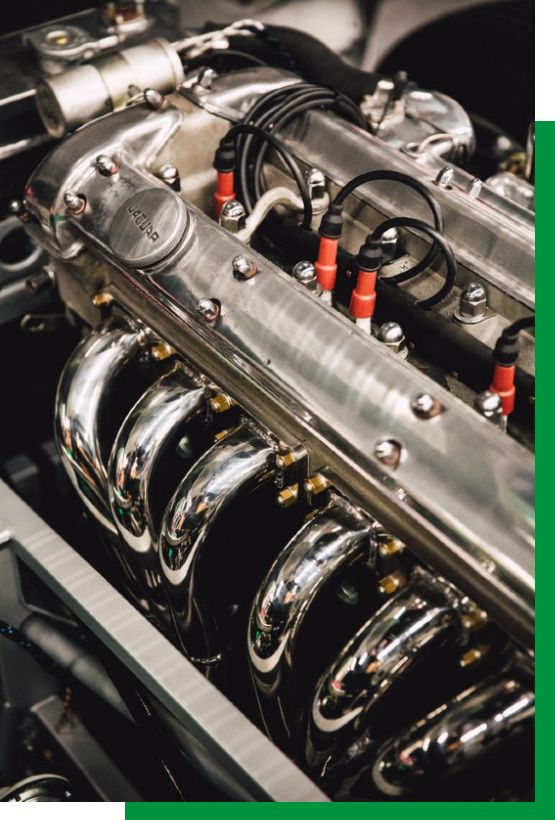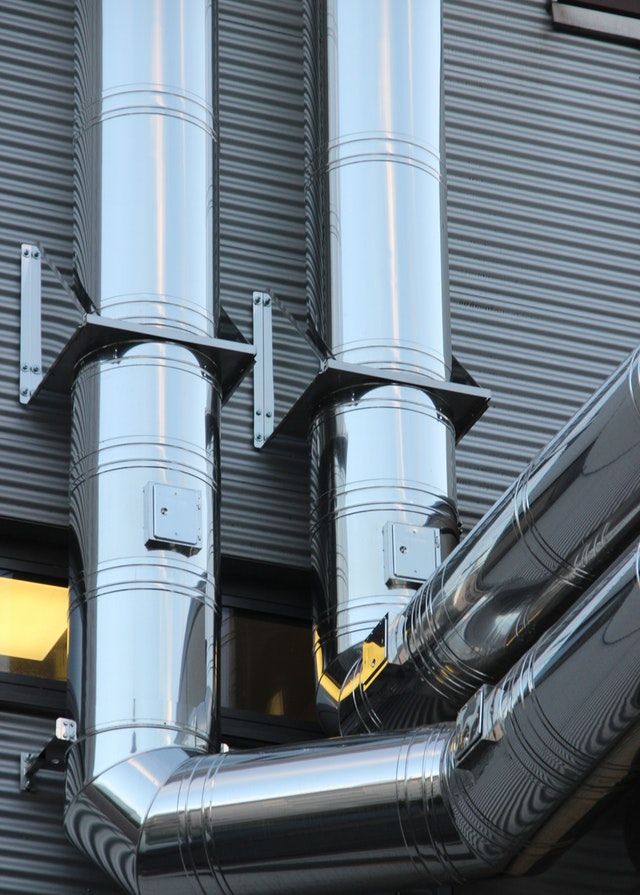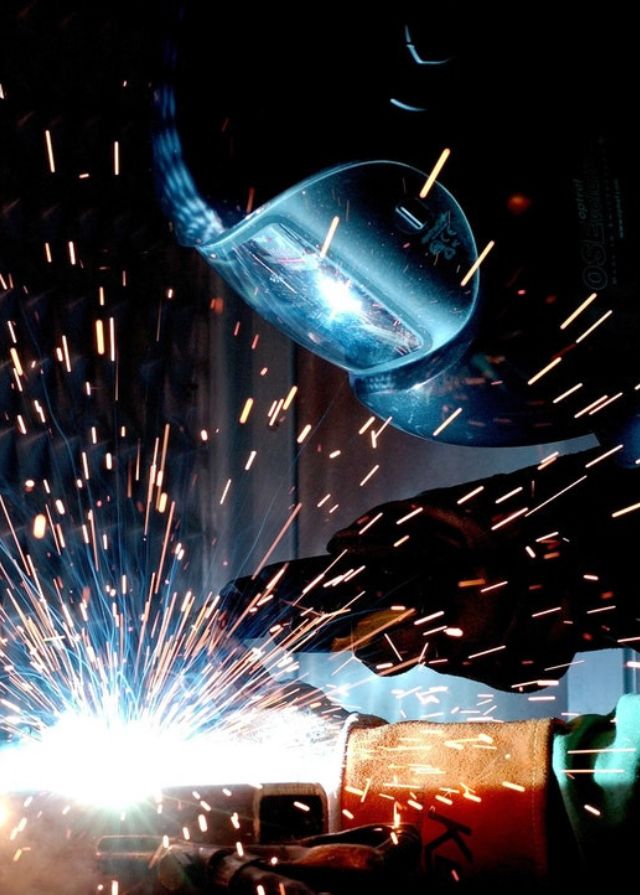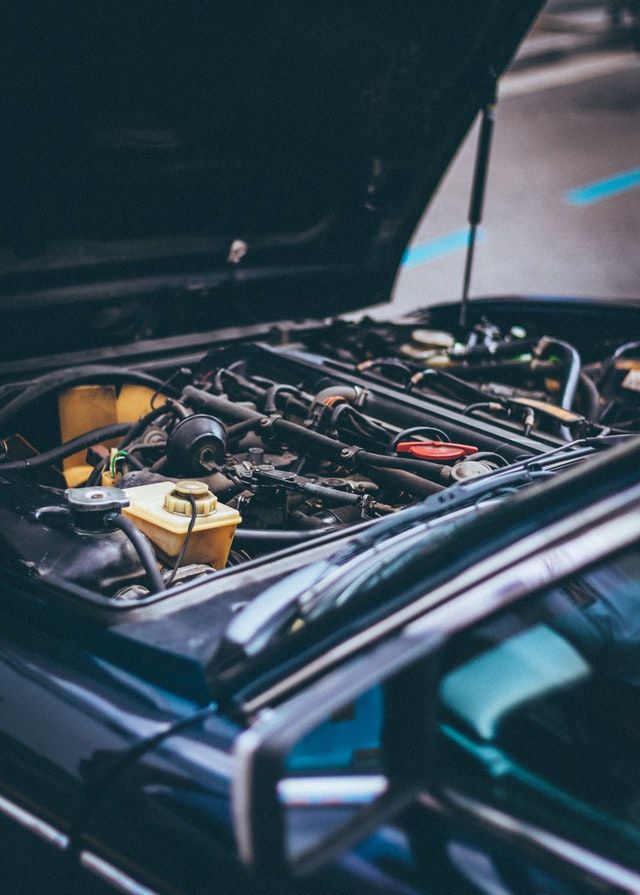The Genesis of the Automotive Industry in Nigeria
The beginning of the automotive industry in Nigeria dates back to the 1950s when private companies pioneered the establishment of auto assembly plants, but became significant in the era of oil boom, as a result of large inflow of income.
The Federal Government of Nigeria however, became involved in the industry between 1970-1980 when it entered into partnership with advanced countries such as Germany, America and Britain which led to the establishment of 2 passenger vehicle plants by (i) Peugeot Nigeria Ltd. (PAN), Kaduna (ii) Volkswagen of Nigeria Ltd. (VWON), and 4 Commercial Truck plants by (i) Anambra Motor Manufacturing Company (ANAMMCO), Enugu; (ii) Steyr Nigeria Ltd. Bauchi; (iii)National Truck Manufacturers (NTM), Kano; and (iv)Leyland Nigeria Ltd. Ibadan. These six assembly plants established by the Federal Government used Completely-Knocked-Down (CKD) kits, and had an installed capacity for producing over 100,000 vehicles annually by the 1980s with a provision for meeting a specific local contents.
Towards the end of 1980s the industry was negatively affected by a downturn in the economy, due to policy summersault and higher cost of locally assembled cars. By 2000, used foreign cars dominated the market in the country, the rise of which negatively impacted the development of backward integration in the industry. Thus in December 2012, the six assembly plants were privatized by the Federal Government.
Upon the approval of the Nigerian Industrial Revolution Plan (NIRP), The National Automotive Design and Development Council (NADDC) re-launched the National Automotive Industry Development Plan in 2014 as a critical component of the NIRP, basically to support and grow the local market, save needed forex, create jobs and drive local content in manufacture and technical expertise. The NAIDP approved in 2014 brought several dividends not limited to: 31 licenses granted for the production of cars, trucks and buses, unveiling of made-in-Nigeria Nissan Patrol SUV, unveiling of KONA Electric Vehicle and Compressed Natural Gas-powered Vehicles/Buses produced by local assembly plants.
The Nigeria Automotive Industry currently has an installed capacity to produce over 500,000 vehicles annually by local assembly plants which include A.G Leventis, Afri Ventures, Coscharis Group, Dana Motors, Iron Products Industries, Peugeot Automobile Nigeria (PAN) and Stallion Motors. Additionally Honda operates a fully owned subsidiary in the country to assemble its vehicles locally, while we have Innoson Motors (IVM) as one of the indigenous auto manufacturer in Nigeria.
Through the efforts of the National Automotive Design and Development Council (NADDC), the Federal Executive Council approved the new 2023 Auto Policy. The approved National Automotive Industry Development Plan (NAIDP) has embedded competitive yet protective fiscal and non-fiscal incentives needed by all relevant stakeholders such as automotive industry manufacturers/producers, investors, developers, etc. When applied, the fiscal and non-fiscal incentives is expected to boost local production of made-in-Nigeria vehicles, increase local content to about 40% and achieve the attainment of a 30% locally produced Electric Vehicles (EVs). The New NAIDP when implemented will generate 1 million jobs; enforce patronage of made-in-Nigeria vehicles by MDAs and other companies working on government contracts, boost Research and Development (R&D) and technology transfer.
The enforcement of its local content policy will bring about a complete turn-around in the following raw material industries: steel, aluminium, coper, plastics, rubber, paint, glass, electronics, textile, wood, etc. Further development is also expected in the following economic activities: dealership, finance and credit, logistics, advertising, repairs and maintenance, insurance, service parts, farm mechanization, agricultural produce transportation, EV charging stations, etc.
It is expected that with these implementations, challenges which adversely affected the industry capacities in production, patronage and utilization will be reduced significantly.
.gif)





